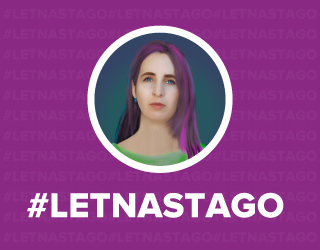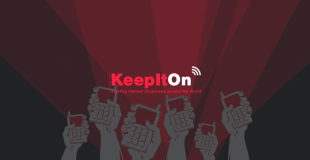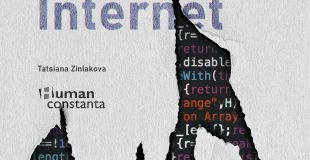When human rights are violated offline, digital rights are rarely spared. Authoritative governments are increasingly interested in developing oppressive techniques in the digital domain by increasing censorship, overregulating cyberspace, weaponizing tech to spread propaganda and surveillance.
Belarus is no exception. Notorious for being “Europe’s last dictatorship” — with its vast history of dissidents’ enforced disappearances, torture, political persecution, and appalling human rights record, — the role of Belarus as a digital and not merely “analog” dictator is less conspicious. While it is true that the control over Belarusian citizens online may not have reached the scale and professionalism of “textbook” digital dictatorships, like China with its “Great Firewall” or Russia with its “troll factories,” the tendency towards tightening the grip on Internet freedoms is alarming.
The report analyzes the prevalent tendencies of digital authoritarianism in Belarus, the most common violations of human rights in the digital realm, as well as digital resistance tools used by civil society. The report also contains recommendations for the public and private sectors.




